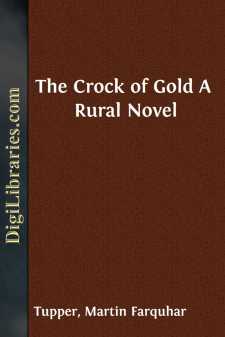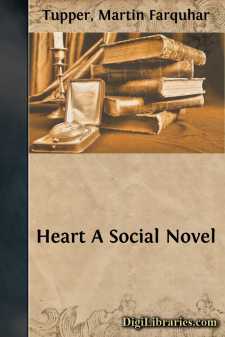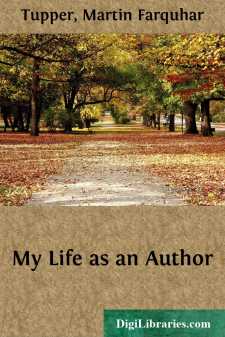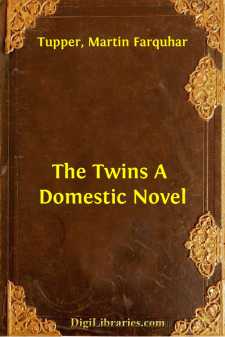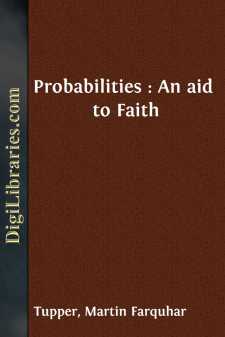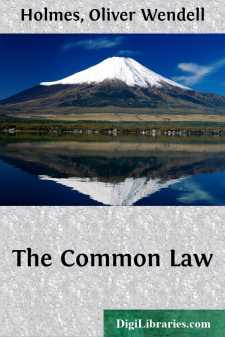Categories
- Antiques & Collectibles 13
- Architecture 36
- Art 48
- Bibles 22
- Biography & Autobiography 813
- Body, Mind & Spirit 142
- Business & Economics 28
- Children's Books 17
- Children's Fiction 14
- Computers 4
- Cooking 94
- Crafts & Hobbies 4
- Drama 346
- Education 46
- Family & Relationships 57
- Fiction 11829
- Games 19
- Gardening 17
- Health & Fitness 34
- History 1377
- House & Home 1
- Humor 147
- Juvenile Fiction 1873
- Juvenile Nonfiction 202
- Language Arts & Disciplines 88
- Law 16
- Literary Collections 686
- Literary Criticism 179
- Mathematics 13
- Medical 41
- Music 40
- Nature 179
- Non-Classifiable 1768
- Performing Arts 7
- Periodicals 1453
- Philosophy 64
- Photography 2
- Poetry 896
- Political Science 203
- Psychology 42
- Reference 154
- Religion 513
- Science 126
- Self-Help 84
- Social Science 81
- Sports & Recreation 34
- Study Aids 3
- Technology & Engineering 59
- Transportation 23
- Travel 463
- True Crime 29
The Crock of Gold A Rural Novel
Description:
Excerpt
CHAPTER I.
THE LABOURER; AND HIS DAWNING DISCONTENT.
Roger Acton woke at five. It was a raw March morning, still dark, and bitterly cold, while at gusty intervals the rain beat in against the crazy cottage-window. Nevertheless, from his poor pallet he must up and rouse himself, for it will be open weather by sunrise, and his work lies two miles off; Master Jennings is not the man to show him favour if he be late, and Roger cannot afford to lose an hour: so he shook off the luxury of sleep, and rose again to toil with weary effort.
"Honest Roger," as the neighbours called him, was a fair specimen of a class which has been Britain's boast for ages, and may be still again, in measure, but at present that glory appears to be departing: a class much neglected, much enduring; thoroughly English—just, industrious, and patient; true to the altar, and loyal to the throne; though haply shaken somewhat now from both those noble faiths—warped in their principles, and blunted in their feelings, by lying doctrines and harsh economies; a class—I hate the cold cant term—a race of honourable men, full of cares, pains, privations—but of pleasures next to none; whose life at its most prosperous estate is labour, and in death we count him happy who did not die a pauper. Through them, serfs of the soil, the earth yields indeed her increase, but it is for others; from the fields of plenty they glean a scanty pittance, and fill the barns to bursting, while their children cry for bread. Not that Roger for his part often wanted work; he was the best hand in the parish, and had earned of his employers long ago the name of Steady Acton; but the fair wages for a fair day's labour were quite another thing, and the times went very hard for him and his. A man himself may starve, while his industry makes others fat: and a liberal landlord all the winter through may keep his labourers in work, while a crafty, overbearing bailiff mulcts them in their wages.
For the outward man, Acton stood about five feet ten, a gaunt, spare, and sinewy figure, slightly bent; his head sprinkled with gray; his face marked with those rigid lines, which tell, if not of positive famine, at least of too much toil on far too little food; in his eye, patience and good temper; in his carriage, a mixture of the sturdy bearing, necessary to the habitual exercise of great muscular strength, together with that gait of humility—almost humiliation—which is the seal of oppression upon poverty. He might be about forty, or from that to fifty, for hunger, toil, and weather had used him the roughest; while, for all beside, the patched and well-worn smock, the heavily-clouted high-laced boots, a dingy worsted neck-tie, and an old felt hat, complete the picture of externals.
But, for the matter of character within, Roger is quite another man. If his rank in this world is the lowest, many potentates may envy him his state elsewhere. His heart is as soft, as his hand is horny; with the wandering gipsy or the tramping beggar, thrust aside, perhaps deservedly, as impudent impostors from the rich man's gate, has he often-times shared his noon-day morsel: upright and sincere himself, he thinks as well of others: he scarcely ever heard the Gospels read in church, specially about Eastertide, but the tears would trickle down his weather-beaten face: he loves children—his neighbour's little ones as well as his own: he will serve any one for goodness' sake without reward or thanks, and is kind to the poor dumb cattle: he takes quite a pride in his little rod or two of garden, and is early and late at it, both before and after the daily sum of labour: he picks up a bit of knowledge here and there, and somehow has contrived to amass a fund of information for which few would give him credit from his common looks; and he joins to that stock of facts a natural shrewdness to use his knowledge wisely....


